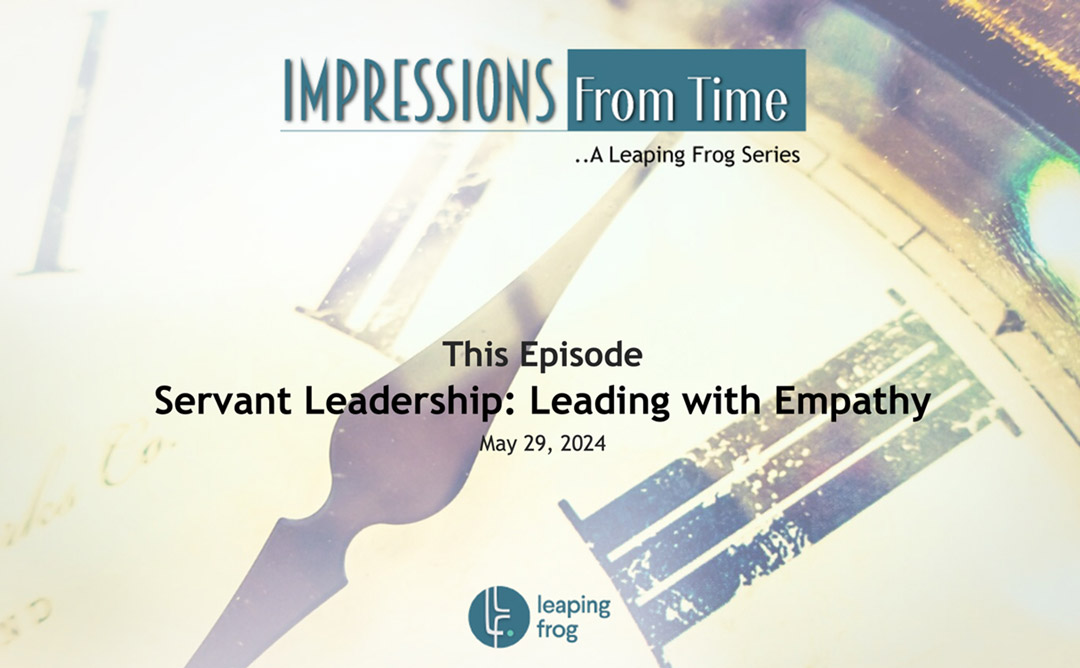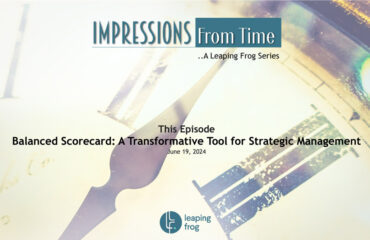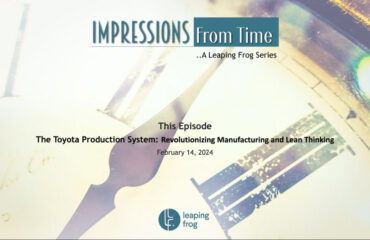
In the 1970s, Robert K. Greenleaf introduced a groundbreaking concept that would reshape the understanding of leadership: servant leadership. Unlike traditional leadership models that emphasise the leader’s power and authority, servant leadership prioritises the team’s needs, fosters growth, and enables high performance through support and empowerment. This paradigm shift has had profound implications for modern leadership practices, promoting a more empathetic, inclusive, and practical approach to management.
Robert K. Greenleaf, who had a long career at AT&T before becoming a consultant and author, was inspired by Hermann Hesse’s novel “Journey to the East.” In the book, a character named Leo, who is initially perceived as a servant, is later revealed to be the group’s guiding leader. This narrative profoundly influenced Greenleaf, prompting him to explore the idea that authentic leadership emerges from serving others.
In 1970, Greenleaf articulated his ideas in an essay titled “The Servant as Leader,” where he outlined the fundamental tenets of servant leadership. He posited that the servant-leader is first a servant who consciously chooses to lead to better serve others. This approach, he argued, fosters environments where individuals can grow, be fulfilled, and perform at their best.
Greenleaf’s work spurred a wave of research and scholarly attention. His book, “Servant Leadership: A Journey into the Nature of Legitimate Power and Greatness,” published in 1977, further elaborated on these concepts and solidified his role as a pioneer in this field. Researchers began to explore the practical applications of servant leadership across various contexts, examining its impact on organisational effectiveness, employee satisfaction, and overall well-being.
Core Principles of Servant Leadership
Several core principles characterise servant leadership:
- Empathy: Understanding and sharing the feelings of team members.
- Listening: Prioritizing attentive listening to understand the needs and concerns of others.
- Healing: Fostering an environment that nurtures emotional and mental well-being.
- Awareness: Being aware of oneself and the broader organisational context.
- Persuasion: Influencing others through persuasion rather than authority.
- Conceptualisation: Maintaining a balance between day-to-day operations and long-term vision.
- Foresight: Anticipating future outcomes and preparing accordingly.
- Stewardship: Taking responsibility for the well-being of the organisation and its members.
- Commitment to the Growth of People: Investing in the personal and professional growth of team members.
- Building Community: Creating a sense of belonging and togetherness within the organisation.
Extensive research has validated the positive impact of servant leadership on organisational outcomes. Studies have shown that servant leadership enhances employee engagement, job satisfaction, and organisational commitment. A 2014 study published in the “Journal of Business Ethics” found that servant leadership positively correlates with trust, fairness, and team collaboration. These factors contribute to a positive organisational culture and improved performance.
Furthermore, servant leadership has been linked to reduced turnover rates. A study in the “International Journal of Hospitality Management” (2017) highlighted that employees under servant leaders exhibited higher job satisfaction and lower intentions to leave their jobs, underscoring the model’s effectiveness in retaining talent.
In today’s corporate world, servant leadership is more relevant than ever. The rise of knowledge work, where employees’ intellectual contributions are critical, necessitates leadership styles that foster collaboration, creativity, and intrinsic motivation. Companies like Southwest Airlines and The Container Store have successfully implemented servant leadership principles, resulting in high employee satisfaction and solid organisational performance.
At Southwest Airlines, for instance, the company’s people-centric culture, inspired by servant leadership, has translated into exceptional customer service and consistent profitability. Similarly, The Container Store’s emphasis on valuing employees as the company’s greatest asset reflects Greenleaf’s principles and has led to a loyal workforce and impressive business growth.
Servant leadership represents a transformative approach to leadership that prioritises the needs and growth of team members. By fostering an environment of empathy, support, and empowerment, servant leaders enable their organisations to thrive. The principles introduced by Robert K. Greenleaf in the 1970s continue to resonate, providing a robust framework for modern leadership that aligns with the evolving needs of today’s workforce. As organisations strive to navigate complex, dynamic environments, the servant leadership model offers a path to sustainable success and a more humane, inclusive corporate culture.
……………………………………………………………………………………………………………………………………
“Impressions From Time” is a curated series from Leaping Frog about stories from the past that have helped shape modern-day practices in the people and organisation domain.
Leaping Frog, a new-age consulting firm, is an enabler and co-creator in enhancing people and organisational effectiveness. We love doing work in the areas of “Driving Organisational Change and Development”, “HR Systems and Talent Strategy”, and “Leadership and Life Coaching”.
Connect and share, for work and more.
Mail: comm@leapingfrog.in
Website: www.leapingfrog.in
Follow Us: https://lnkd.in/d7TQbsia




